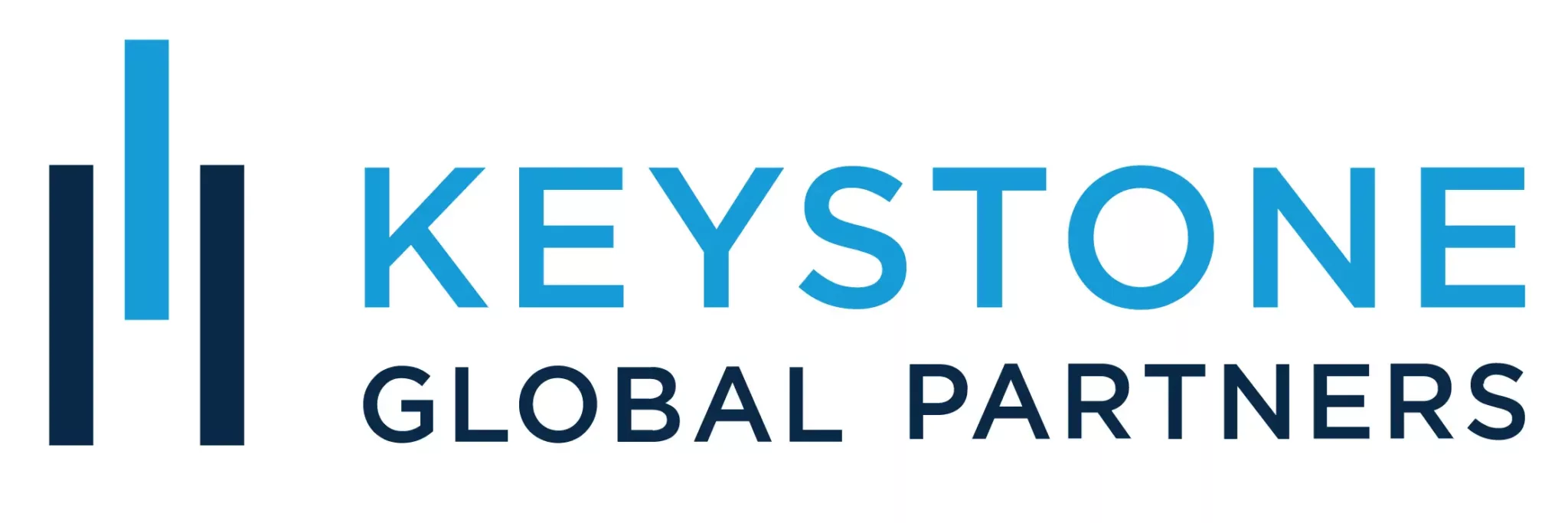This article was originally published on Forbes.com on March 12, 2021. This article is part 4 of a 4 part series on real estate. Written by Peyton Carr.
For many people, real estate has been the best investment in their lives. However, stocks have actually been far better at generating long-term returns for investors. Why is there such a disconnect?
Misconceptions on Real Estate Returns
Peeling back the layers reveals some of the key factors that make real estate seem like the better investment
- Immense use of leverage – No other common investments will allow an investor to take on the same level of debt to make an investment. Mortgages allow 4:1 leverage with a 20% down payment and even far higher levels of leverage when using smaller down payments. The leverage magnifies even small gains in the property value, but remember, it can cut both ways if the property value declines.
- Illiquidity prevents human error – Real estate transactions have high costs and take significant effort. This is usually enough to deter investors from making hasty, panic-induced decisions during market volatility. Poor decisions are more prevalent in the stock market, where selling investments can happen in seconds with no material transaction costs.
Real estate also receives tax benefits from capital gain exclusions on primary homes to rental depreciation on investment real estate; however, this is somewhat offset by holding property tax costs, which stocks do not incur.
Converting a Primary Residence to an Investment Property
When moving on to a new house, some individuals decide to convert their original home into a rental property that becomes an income source.
You can convert your primary residence into a rental property by making a few smart moves. You start by determining your property’s tax basis to calculate depreciation during the rental period. When you eventually sell, this will factor into gain/loss calculations. The conversion date varies in your favor based on whether there was a gain or a loss.
Once you’ve converted your primary residence into a rental property, you must adhere to landlords’ tax rules, but with that, you will gain a number of favorable benefits. You can deduct real estate taxes and mortgage interest on a rental property, and you do not have to pay self-employment tax on landlord income. You can write off your operating expenses, such as maintenance and repairs, association fees, utilities, and lawn care. You can also depreciate the cost of the property over 27.5 years, even if the value increases. This depreciation can offset a significant portion of your rental property income, which translates to very low taxes on this income stream. You may run into issues if you have a tax loss, but you should be able to offset this over time with increasing rents. When you sell the investment property, you can use a 1031 exchange and defer taxes if you “swap” the property with another investment property of like kind and equal or greater value.
It is also important to carefully weigh the costs of being a landlord. To start, rent must cover all carrying costs, as you certainly do not want an asset to cost you money. Also, you need to make an allowance for unexpected periods where you may not have a tenant and would have to float the carrying costs out of pocket. A mistake you often hear of is an investor who over-leveraged and owned ten houses, then had to sell them all at a loss in a downturn.
Perhaps more importantly, you should never ignore the qualitative question of whether or not you want to be a landlord. It can be time-consuming and even take an emotional toll on you as you worry about the property or your tenants. Not everyone wants to deal with late rent payments, requests to fix bathrooms and leaky ceilings, or property damage caused by untrustworthy tenants.
In this four-part series, we covered answers to many of the questions that come up when our tech founder clients consider a real estate purchase.
In Part 1, we offered founders a framework to decide whether renting or buying is the right choice. Part 2 explored how a home purchase could potentially fit into your overall financial plan. Part 3 of the series discussed real estate financing options, taking into account the entire process, including risk, taxes, cost savings, profit, and legalities. And in Part 4, we dove into the topic of real estate as a financial asset, examining common misconceptions and opportunities.
This concludes the series. We hope you’ll find this information helpful as you think through your decisions related to real estate and navigate your next steps.
This article is Part 4 of the Guide to Real Estate series. Click here to read Part 1, Part 2, or Part 3.


